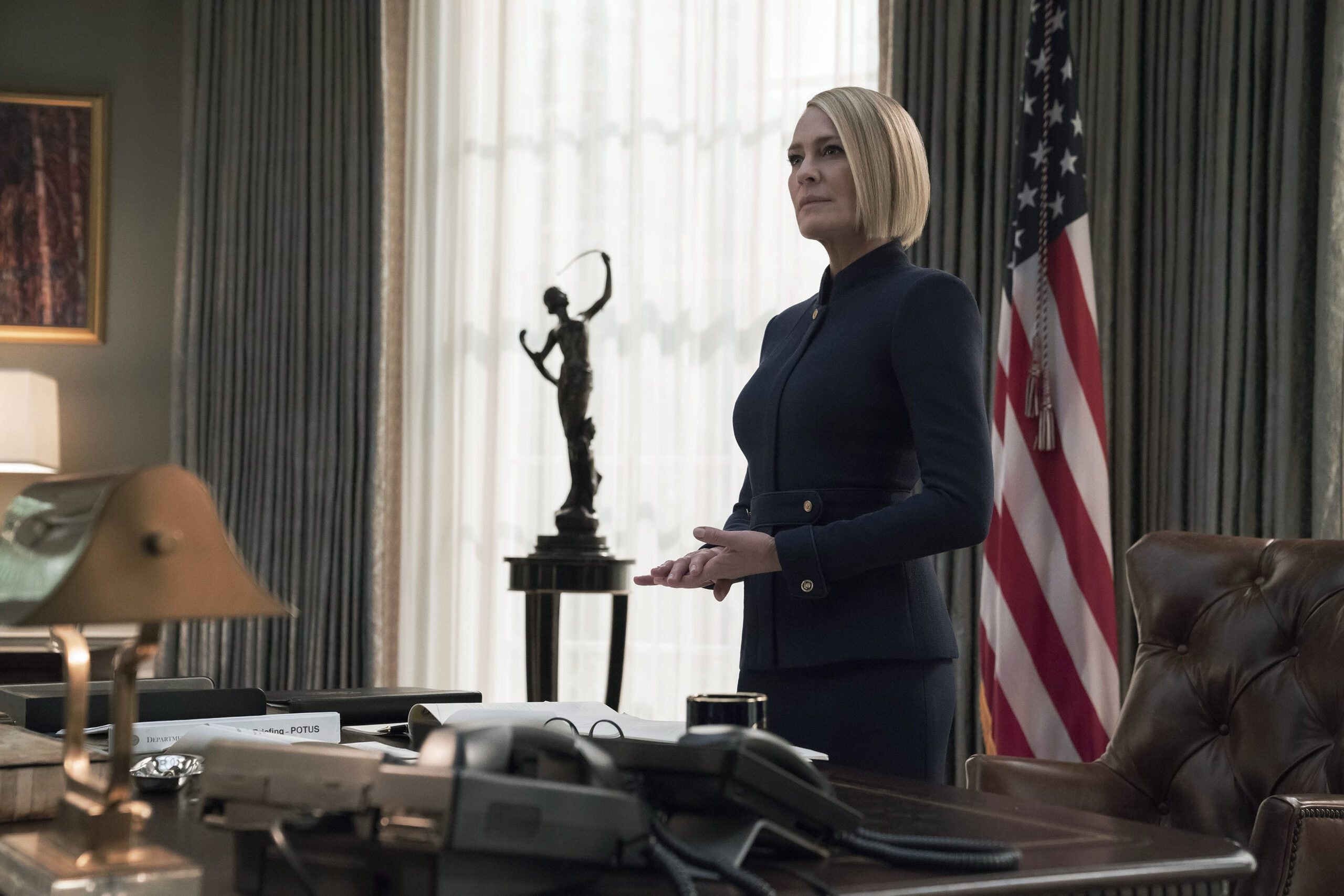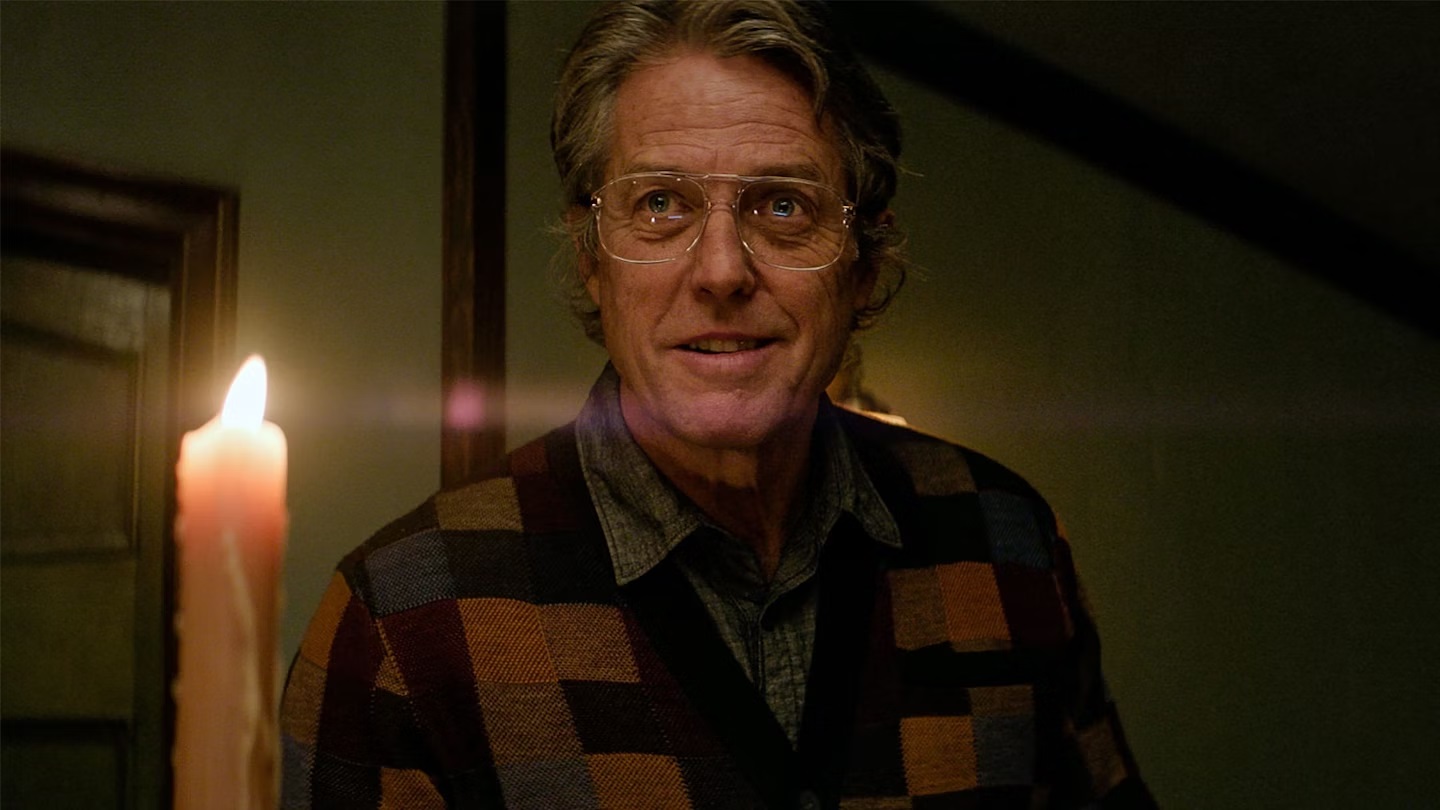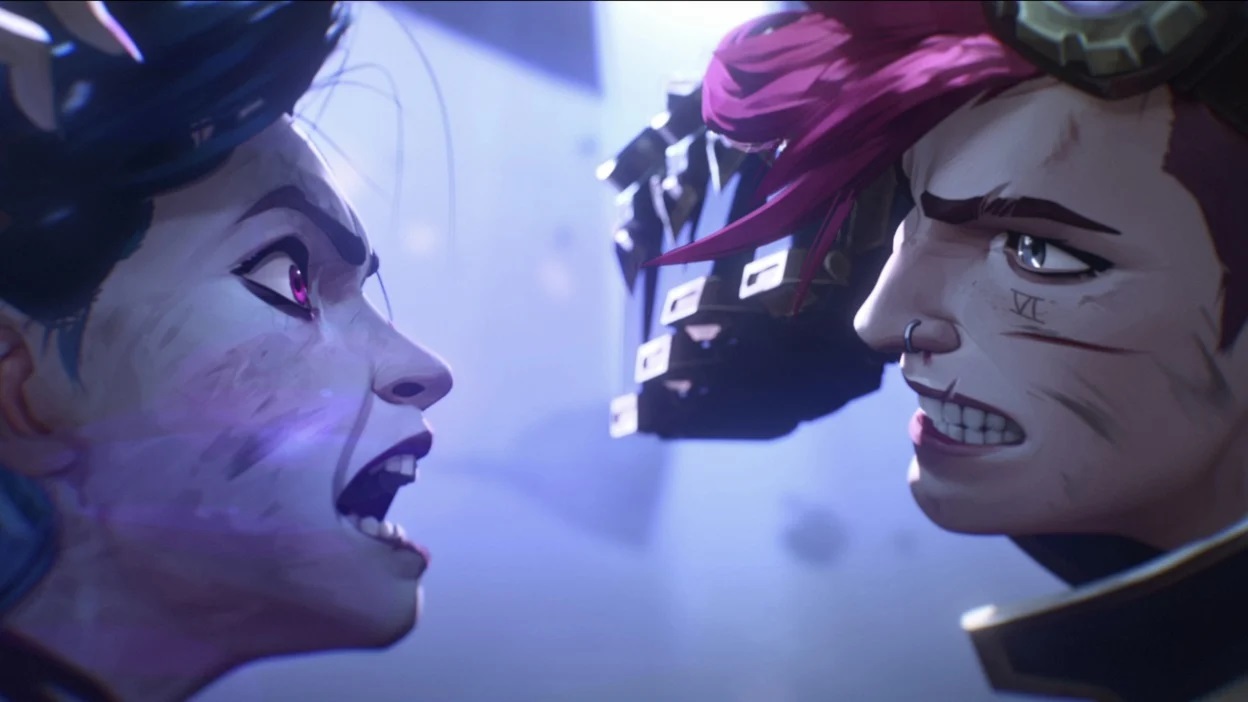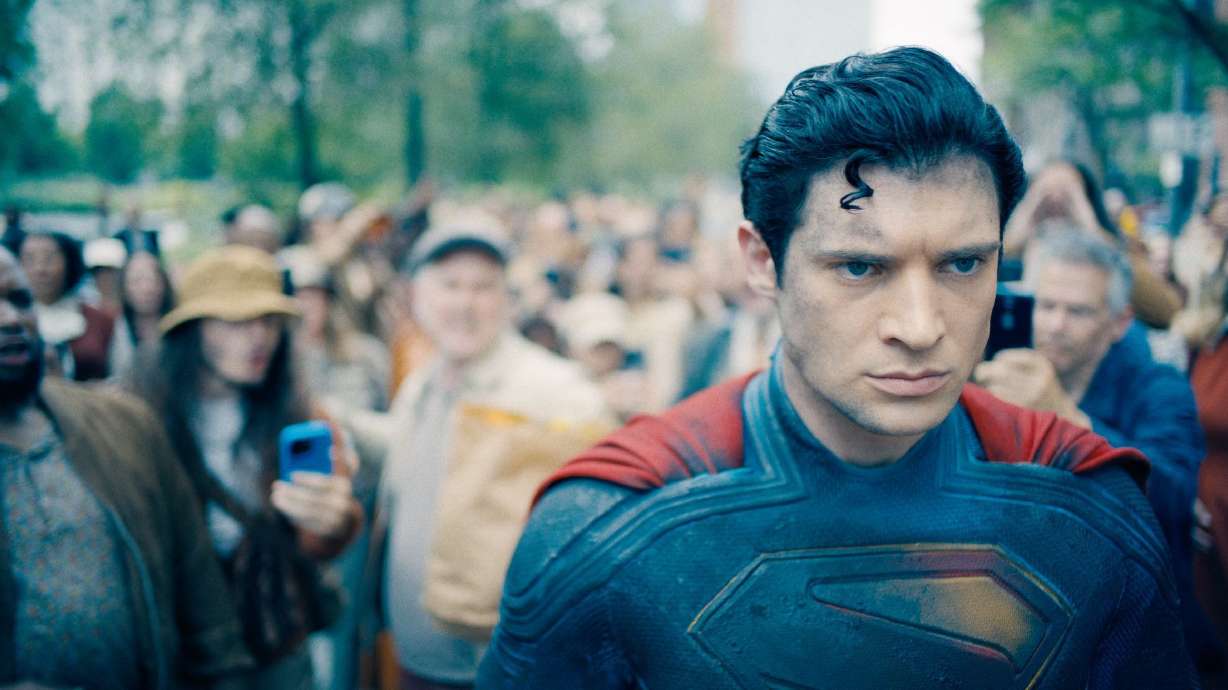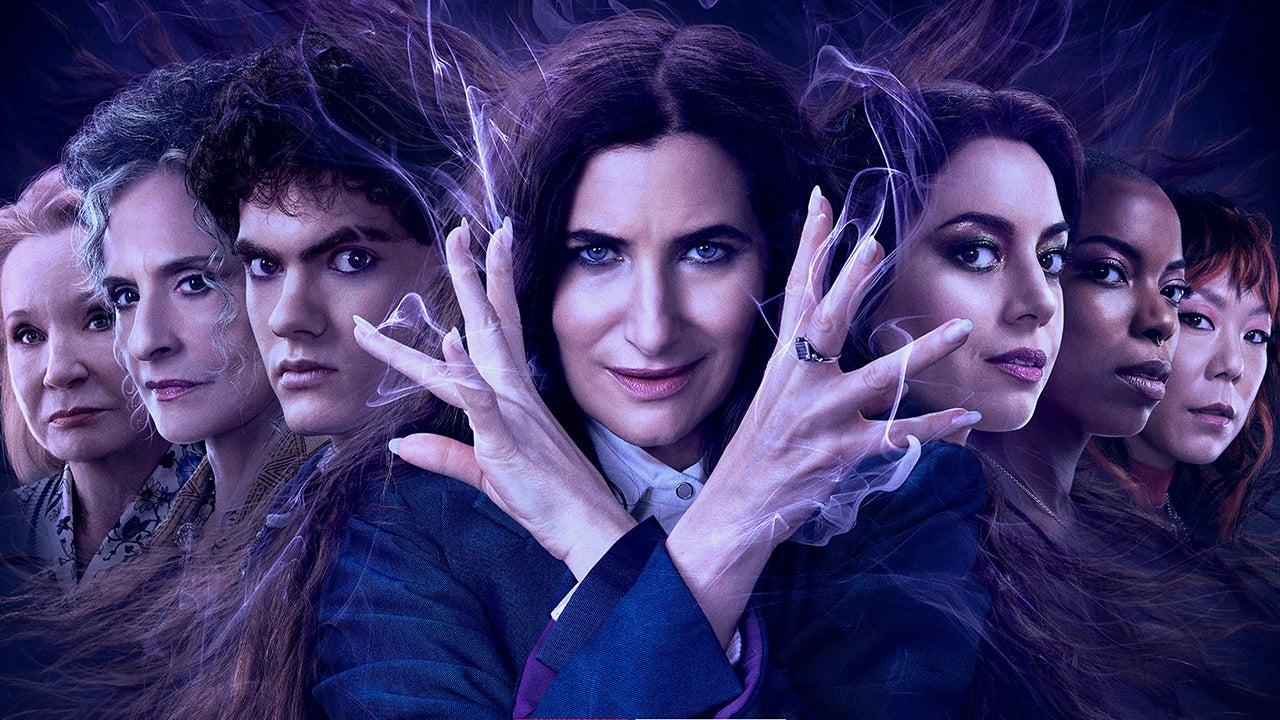The final season of House of Cards brings to mind the opening scene of the show: Frank Underwood mercifully putting down his dog and explaining that there are two kinds of pain: useful and useless.
Sitting through this season of House of Cards feels like the latter.
An Anatomy of a Train Wreck
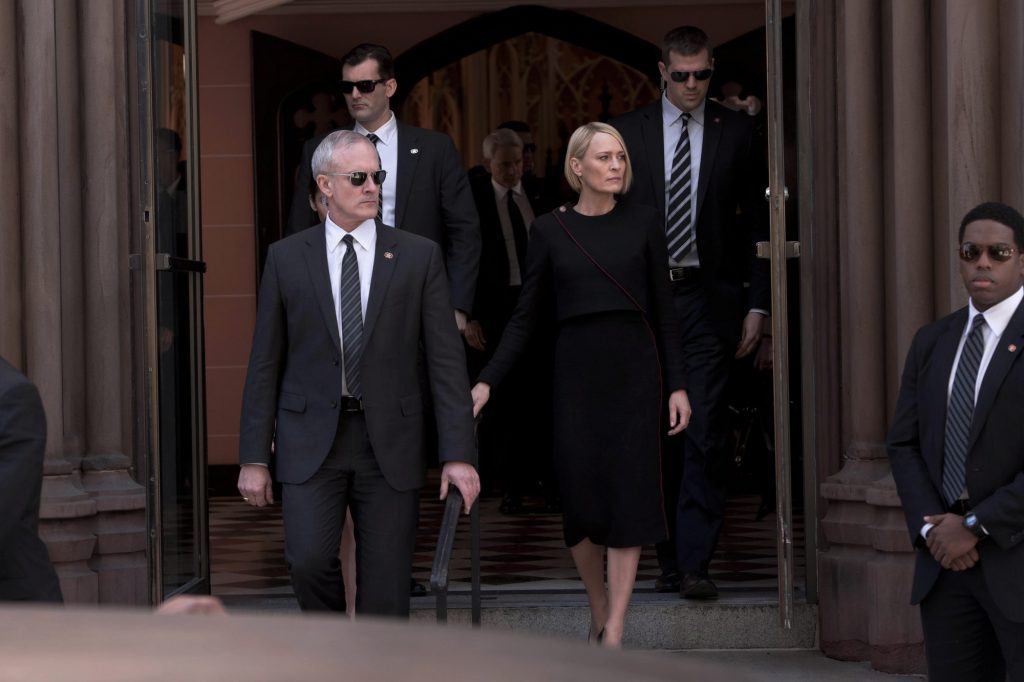
It pains me to say that I miss Frank Underwood. The man was evil incarnate, and the actor who played him also turned out to be a reprehensible human being. But the show falls apart without his presence. It needed the one two punch of Frank’s flawed Machiavellian bluster and Claire’s cold, patient scheming to work. Without the former lead, even an actress of Robin Wright’s caliber is unable to salvage this dumpster fire.
To be fair, House of Cards wasn’t doing well before the Spacey fiasco, either.
It was barely chugging along, bogged down with melodrama and filler episodes. Now, however, the show collapses under the weight of having to juggle its headless horseman of a narrative. It often plays with feminist undertones, to mixed effect. While Claire Underwood is serious about making an impact as the first female president, she’s also a murderer and a psychopath.
The chief antagonists this time around are a pair of billionaire siblings, the Shepards, played by Greg Kinnear and Diane Lane. Claire’s Vice President, Mark Usher, is also working on the side of the Shepards, often applying pressure on the POTUS to bend to their demands.
Overwrought Drama isn’t Enough to Save this Mess
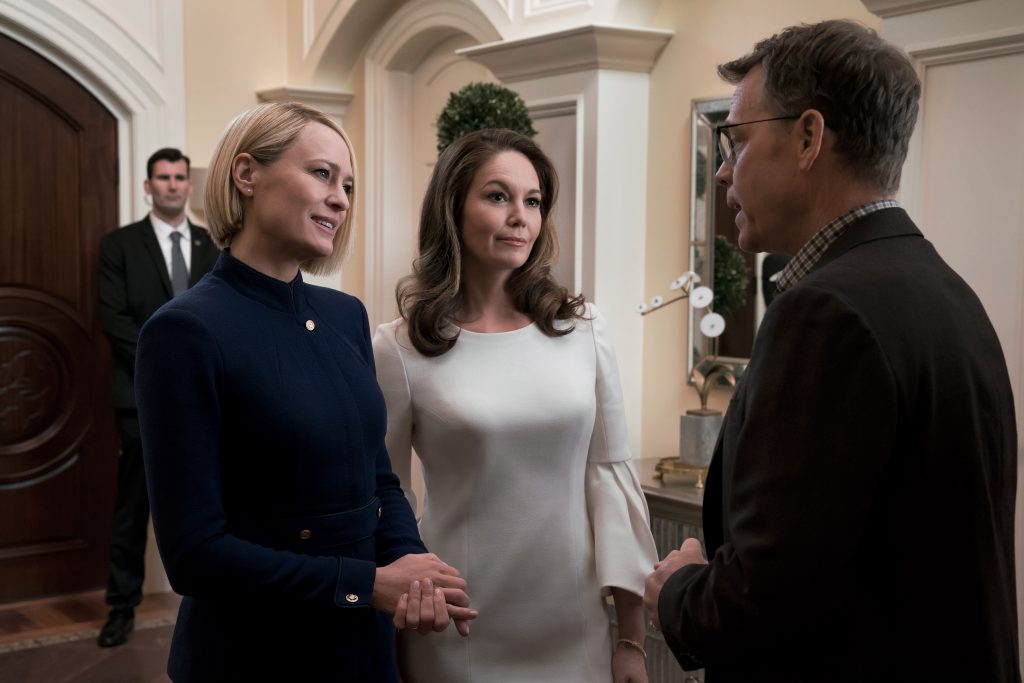
House of Cards is still ridiculous and overwrought. One of the plots this season involves a character faking her death before being actually killed off. However, the writing is beyond subpar and, worst of all, the show is mostly boring. It starts to pick pace when Claire fires most of her cabinet to form an all-female cabinet, a move that wouldn’t pass muster in the real world, and then enters the endgame when Frank’s protege, Doug Stamper, goes after Claire.
Robin Wright does well as the shrewd new president.
At one point, Claire plays up hysteria and depression while she waits for her enemies to make a move. Later in the season, she also plays up the advantage of a surprise pregnancy, and changes back to her maiden name, Hale. She patiently eliminates all her enemies, and as the season progresses, there is the feeling that she has an aura of invincibility and finality to her actions.
Nevertheless, the nonsensical story lets her down. It’s barely sound enough for a summary. Looking back, it feels like there was a whole lot of nothing in between the beginning and the end of the show, other than a handful of important plot points.
The Verdict
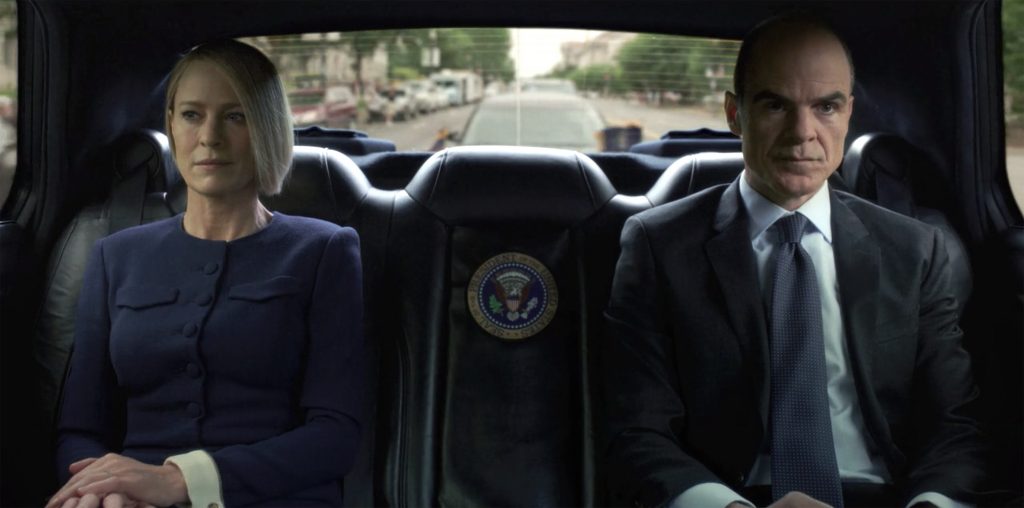
The show ends in a frenzy, a murder-addled haze of near-apocalyptic finality. It’s unclear if the world was about to descend into nuclear war. Nevertheless, a second term for President Hale seemed unlikely.
It’s pitiful that in the end, the show did crumble like a house of cards. The merciful decision would have been to put it out of its misery in some other way, but this is what we got. A useless death, full of sound and fury, signifying nothing.
